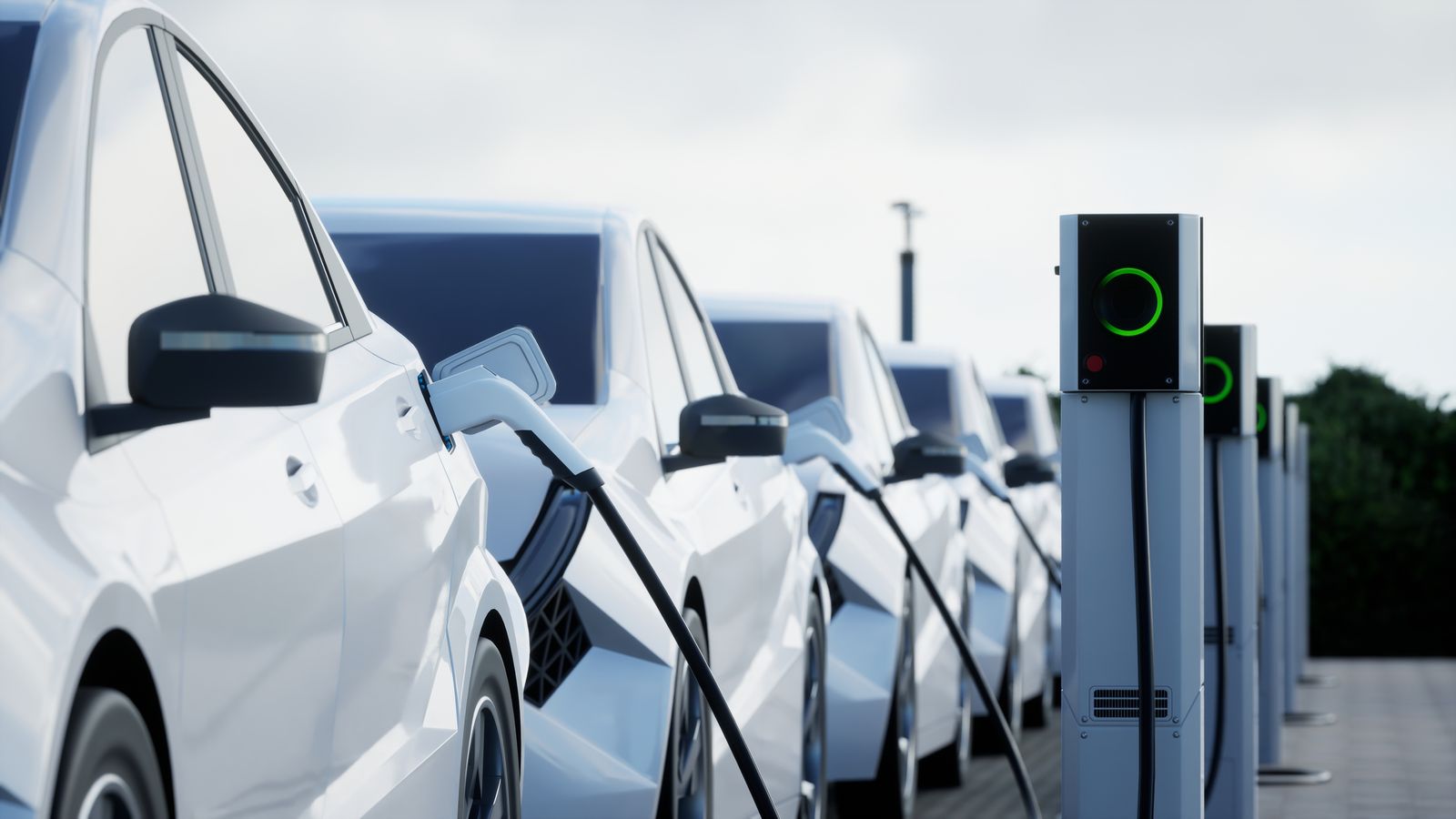Electric Vehicle (EV) sales have slowed recently. This means their future is uncertain. And while we know lots about the rational reasons why people do/don't will/won't buy an EV. We know less about the psychological reasons. This is despite evidence that the psychology behind why people do/don’t buy a product can make or break it.
This article explains how (Original Equipment Manufacturers (OEMs) can use psychological principles (In and Out Groups, Prospect Theory, Endowment Effect, Von Restorff Effect and Anchoring) to increase EV adoption.
For example, the psychological principal of the in and out group effect shows us the drawbacks of comparing EV and Internal Combustion Engine (ICE) cars.
And Relational Framing means that instead of saying: “There are over sixty-six thousand charging stations in the UK” we should be saying: "There are more than two times the charging stations than traffic lights in the UK" (there are 66,779 charging station and around 33,000 traffic lights)."
Prospect Theory suggests that consumers need more than a short test drive to be won over by the EV experience.
These examples and others we discuss aren’t just conceptual ideas which live in books and lecture theatres. They’re already being used by successful brands like Dove and Volvo.
Find out more here.



